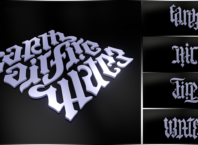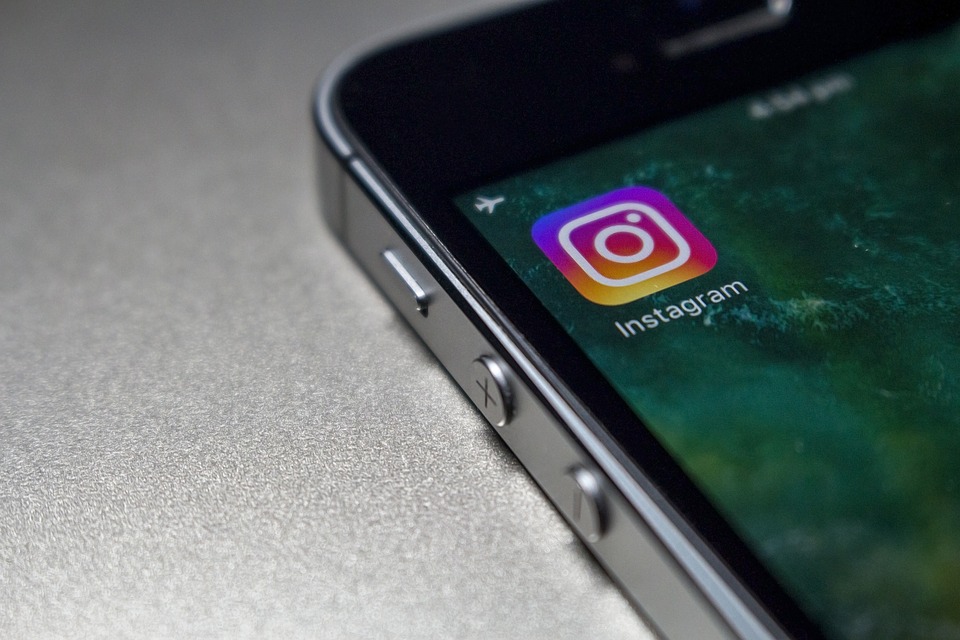Types of Toner Cartridges: Today, people have more options when it comes to printing than at any other time in the past. However, it has not been an easy journey because most of the companies that design printers used to trick clients with cheap printers, but sold inks and toners expensively. This is why some toner cartridges were as expensive as the printers.
As more players entered the market and the law allowed the development of alternatives, the market has seen an explosion of new types of toner cartridges that you can use for quality printing. Yes, research and development on toner cartridges and ink colors is complex and should be remunerated, but this should not stand on the way of competition. So, if you have a laser printer, there are four main types of toner cartridges that you can use. In this post, we will look at each type of toner cartridge, plus the main pros and cons to help you determine the best option for home or office printing.
Contents
1OEM Toner Cartridges
Original Equipment Manufacturer (OEM) toners are the models that are designed by the same company that designed your printer or copier. The toner cartridges are designed to work with specific printers and are very reliable. If you want to get the highest quality printouts, OEM toner cartridge is the best option.
When manufacturers sell OEM toner cartridges, they usually offer warranties because they have developed them using advanced technology and tested them well. They will also recommend that you should only use OEM toner cartridges and further indicate that if you do not, the printer will not work well. However, the argument that the printer will not work well is not true, and it is only aimed at tying you to their products only. So, you should not shy from using other options such as compatible/ generic toners.
Pros
- Designed to work with your device.
- OEM toner cartridge offers high-quality printouts.
- The toner cartridges are sold with quality assurance.
- Low failure rates compared to other toner cartridges.
- The toner cartridges can be refilled when they are finally used up.
Cons
- OEM cartridges are very expensive.
If you target printing materials such as top-rated brochures, design proofs, and sales sheets, you should go for OEM cartridges. However, you should be prepared to meet the high cost.
2Compatible toner Cartridge
These are toner cartridges that are designed by third-party manufacturers and can be used on a variety of devices. They are designed using the same technology that Original Equipment Manufacturers use and are available at more affordable prices. So, do not be deceived by the myths that compatible toner cartridges will damage your printer; the truth is that you can use them and enjoy high-quality printouts.
Pros
- Cheaper compared to OEM toner cartridges.
- They make high-quality printouts.
- Designed to work with multiple printers.
Cons
- The large number of companies designing compatible toner cartridges makes selecting the right one challenging.
If you are looking forward to taking control over your cost of printing, compatible toner cartridges offer you the best option. However, you should do your assignment well to ensure you buy only the compatible toner cartridge that is made by a reputable company.
3Remanufactured Toner Cartridges
Today, many printer and toner cartridge manufacturers run recycling programs that target to help reduce the number of cartridges that end up in refills, and to help extend the utility of materials used to make them. The programs start with the collection of empty and used toner cartridges from users. Then, the toner cartridges are inspected to identify possible defects, which are fixed professionally. Then, the toner cartridges are refilled with new toner cartridges, ensuring they can make high-quality printouts. Finally, they are tested before being released into the market for people to buy and use them.
Pros
- The toner cartridges are available at a lower price compared to the compatible and OEM models.
- The quality of the toners is impressive. You can get a high-yield rate, which is as high or close to what you would get from compatible toner cartridges.
- Remanufactured toner cartridges are cheaper than OEM and compatible models.
- They are sold with guarantees and you can rely on them to make high quality printouts.
- They are eco-friendly because they help to increase the utility of the materials used to design them.
Cons
- Like compatible toner cartridges, the risk of getting poor quality remanufactured toner cartridges is very high.
- The quality of the print that you can get from remanufactured toner cartridges is lower than that of OEM or compatible toners.
4Refilled Toner Cartridges
Like the name suggests, these are previously used cartridges that have been filled with new toners. The main difference between remanufactured cartridges and refilled ones is that the former are checked and tested for quality assurance. Damaged sections are also identified and fixed using new parts. However, the refilled toner cartridges do not undergo further inspection, and or improvement, therefore, the quality is likely to be low.
Pros
- They are pretty cheap and you can use them to pull the cost of printing low.
- Eco-friendly.
Cons
- The risk of failure looms.
- The cartridges can leak and damage your device.
Which Toner Cartridge Model is the Best for You?
Now that we have looked at the different types of toner cartridges, which one is suitable for you? Well, the answer depends on a couple of factors, including your budget, anticipated level of quality, and yield.
If you target high-quality printouts, the best option is Original Equipment Manufacturer (OEM) cartridges, but they are very expensive. However, if you want to cut costs, go for other models, such as the compatible or remanufactured toner cartridges.
For offices or organizations and homes that make a lot of printing, including initial drafts, it is advisable to consider having an assortment of toner cartridges to cut costs without sacrificing quality. For example, you might opt to use refilled or remanufactured toner cartridges for printing drafts and compatible or Original Equipment Manufacturer (OEM) toner cartridges for printing the final documents.












